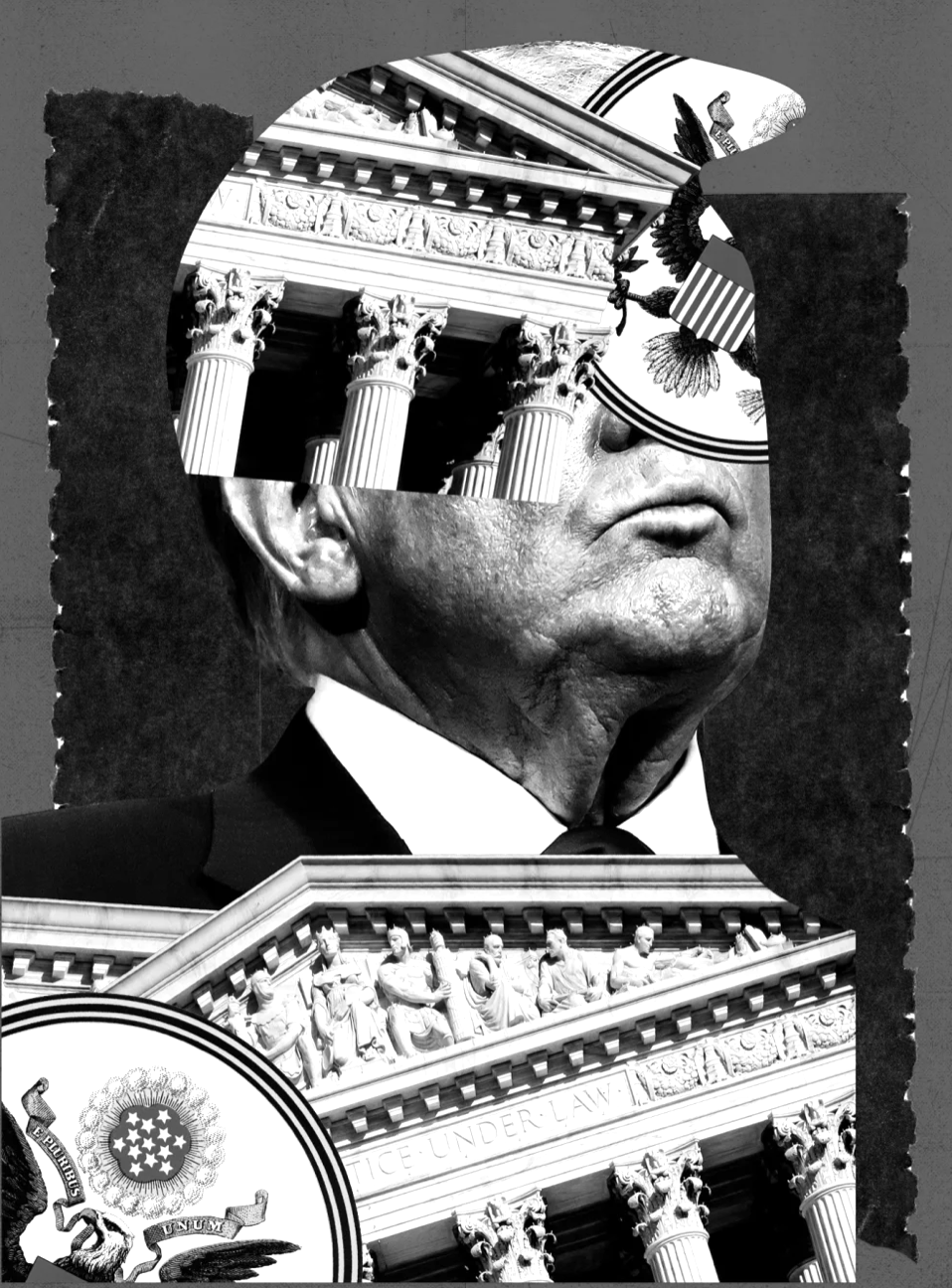
Trump has used government powers to target more than 100 perceived enemies
NPR
04/29/2025
The list of targets now exceeds 100, according to NPR’s review, ranging from some of the United States’ most prominent Democratic politicians to international students who were unknown to the general public. The FBI’s arrest last week of a Wisconsin judge for allegedly obstructing Immigration and Customs Enforcement has raised additional concerns that the administration may also be targeting members of the judiciary. While discussing the case on Fox News, Attorney General Pam Bondi described some judges as “deranged” and added “no one is above the law.”
Trump has enlisted a wide spectrum of major and minor government agencies in his retaliation campaign. Among those agencies, NPR has found, are the departments of Justice, Defense, Homeland Security, Education, and Health and Human Services, along with the IRS, the General Services Administration, the Federal Communications Commission, the Office of the Director of National Intelligence, the Equal Employment Opportunity Commission and even the Federal Housing Finance Agency.
At the same time, Trump has continued to pursue personal lawsuits aimed at imposing financial penalties on companies and news organizations that have angered him.
Some of the president’s allies argue that his actions mark the end of what they call the “weaponization” of law enforcement that began under President Joe Biden.
“We now see no political prosecutions, no sham indictments, no fake grand jury proceedings, but instead a way of looking at the Department of Justice in terms of restoration and ensuring that the rule of law will be carried out going forward,” said John Lauro, who served as Trump’s personal defense lawyer, at an event moderated by the conservative Federalist Society.
Others in Trump’s orbit have praised the crackdown — and urged the administration to go further.
“We are approaching 100 days of the new admin and nobody has gone to jail yet,” lamented Laura Loomer, a far-right activist who has informally advised Trump both during the campaign and in office.
Chilling effects and legal battles
In the face of these threats, some media organizations, law firms and universities have chosen to comply with the Trump administration’s demands.
However, when Trump’s targets have pushed back in court, judges have frequently sided with them, blocking Trump administration actions on constitutional or legal grounds.
“The framers of our Constitution would see this as a shocking abuse of power,” said federal Judge Loren AliKhan, who blocked the Trump administration from implementing an executive order targeting the law firm Susman Godfrey.
Despite these judicial rebukes, the targets of Trump’s actions say they still face dire consequences, including the loss of income and detention in ICE facilities. Others are dealing with the stress, fear and expense of defending against federal investigations. Many who have clashed with Trump in the past worry they could be next.
“I’m oftentimes very anxious myself about using my voice, because retaliation is real,” said Republican Sen. Lisa Murkowski of Alaska, in a meeting with constituents this month.
Multiple sources declined interview requests from NPR, citing fears that speaking out will put them in greater danger.
“What you see here is just an assault on our most fundamental rights, almost in every single sector,” said Amanda Carpenter, a former top aide to Republican Sen. Ted Cruz and a conservative critic of Trump who now works with the nonprofit group Protect Democracy. “You pick the thing that you care about — Donald Trump is working at a very rapid pace to exercise, control and command over that area.”
With Trump asserting total control over the executive branch, his long history of statements attacking his perceived enemies and threatening retribution provides a window into the administration’s motivations. Many of his statements reviewed by NPR suggest motivations based on personal grievances, partisan politics and a desire for payback.
NPR repeatedly asked the White House for an interview for this story. The White House did not respond.
In all, NPR’s review identified seven major groups that the administration has targeted.